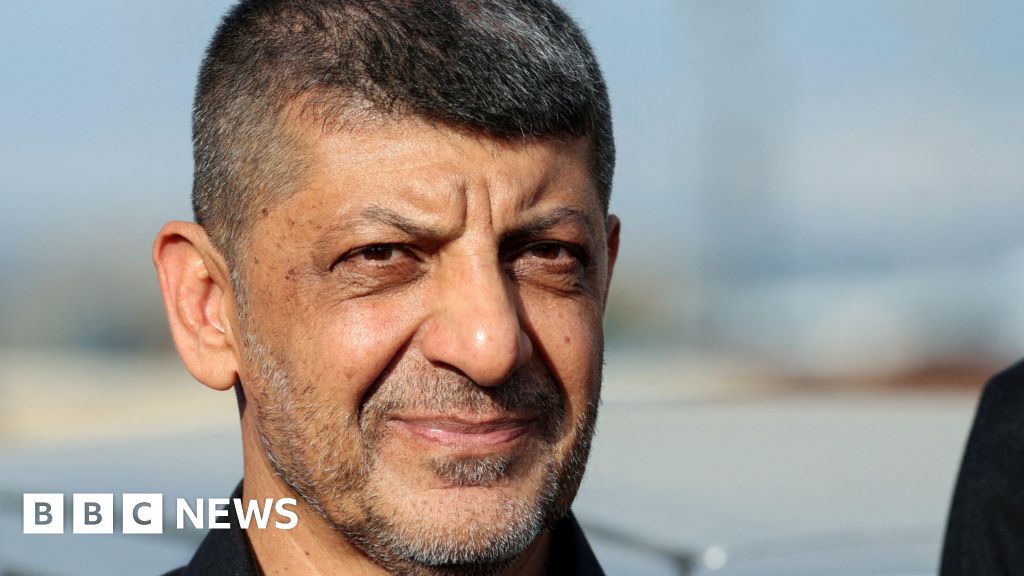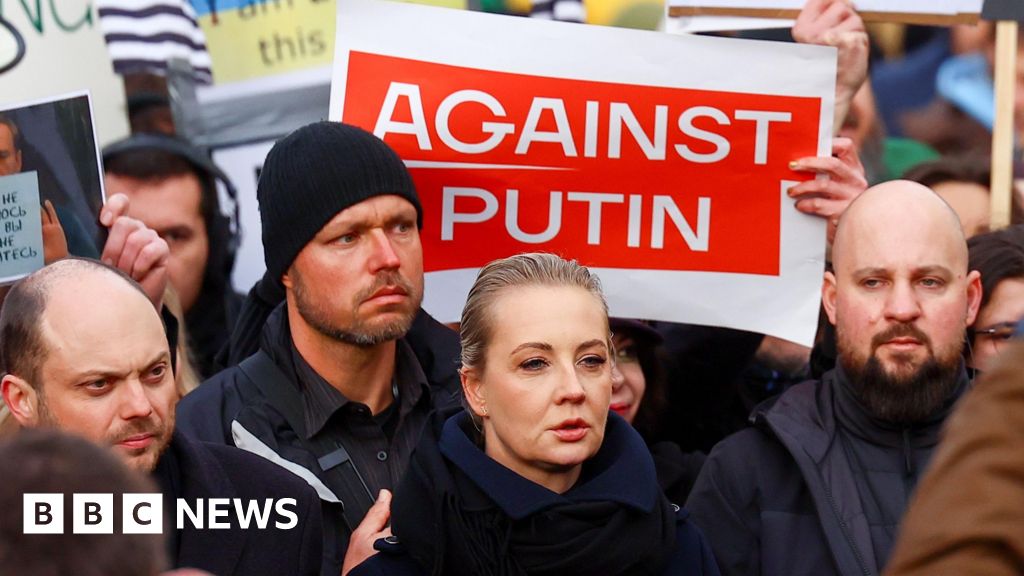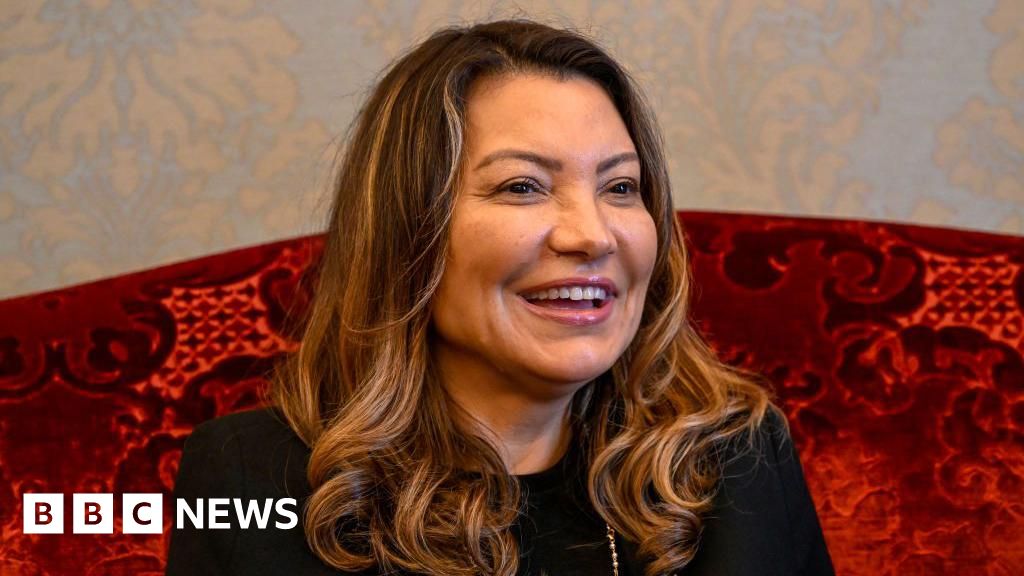ARTICLE AD BOX
Image source, EPA
Image caption,Protesters have taken to the streets in Sri Lanka's cities calling for President Rajapaksa to resign over his government's financial handling
Sri Lanka's top medical body has declared a public health emergency due to a lack of medicines and equipment in the country.
That means state healthcare facilities which a majority of Sri Lankans depend on, will now only prioritise emergency and urgent care services.
The South Asian nation is grappling with power cuts and shortages due to an economic and foreign exchange crisis.
It has led to mass protests against President Gotabaya Rajapaksa.
Mr Rajapaksa's cabinet has resigned but he has so far refused to go himself. Instead, he called on opposition parties to help him form a national government and accept cabinet portfolios.
The nation's peak medical body, the Government Medical Officers' Association (GMOA) said it had decided to declare a medical emergency following a crisis meeting on Monday.
Its members across the country were reporting critical shortages of medicine and equipment. Hospitals were also struggling to provide even emergency medical care, the association said.
"Both the government and health ministry have failed to prevent a complete breakdown of the medical system," GMOA said in a statement.
"The government has not even been able to guarantee people's right to life and the right to healthcare services."
Sri Lanka has a universal public health care system, funded by taxpayer money which means citizens can access free healthcare at any state-run facility.
The announcement is the latest in a series of blows to Sri Lankans who are already subject to rising inflation, power cuts lasting half a day or more, and shortages of food, medicines and fuel.
Anti-government protests are expected to continue on Tuesday in major cities across the country.
In the past days, demonstrations calling for the resignation of the president have picked up momentum.
Protesters even defied a curfew meant to last from Friday to Sunday in order to halt a planned day of protests, after a demonstration outside the president's house on Thursday night turned violent.
WATCH: Police in Sri Lanka fire tear gas and water cannon at protesters in Kandy
Sri Lanka is struggling to pay for imports of fuel and other goods because of a shortage of foreign exchange, which has exacerbated its worst economic crisis since independence from the UK in 1948.
The country needs foreign currency to pay for imports of fuel.
The demonstrations mark a massive turnaround in popularity for Mr Rajapaksa, who swept into power with a majority win in 2019, promising stability and a "strong hand" to rule the country.

 2 years ago
78
2 years ago
78








 English (US)
English (US)